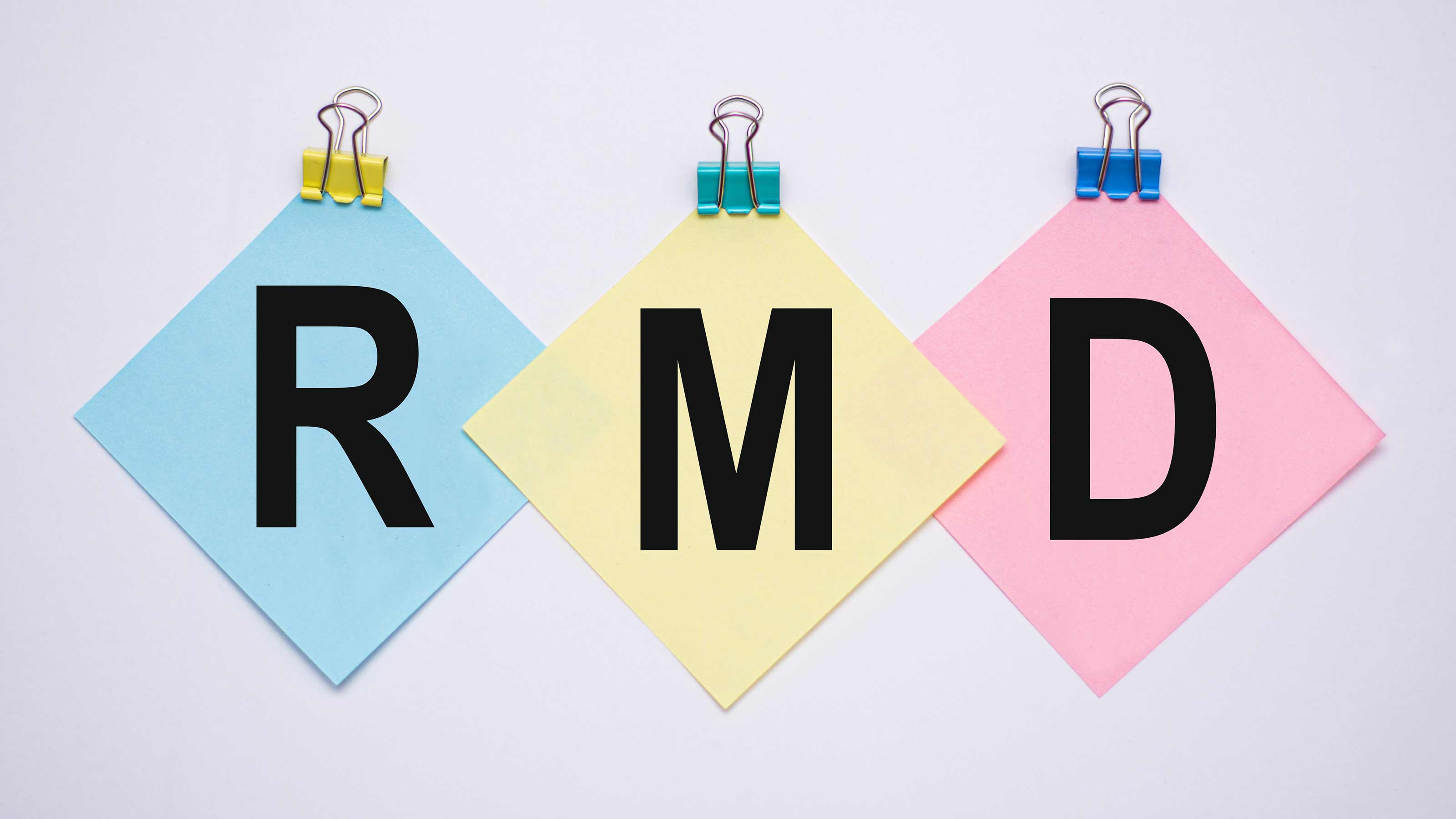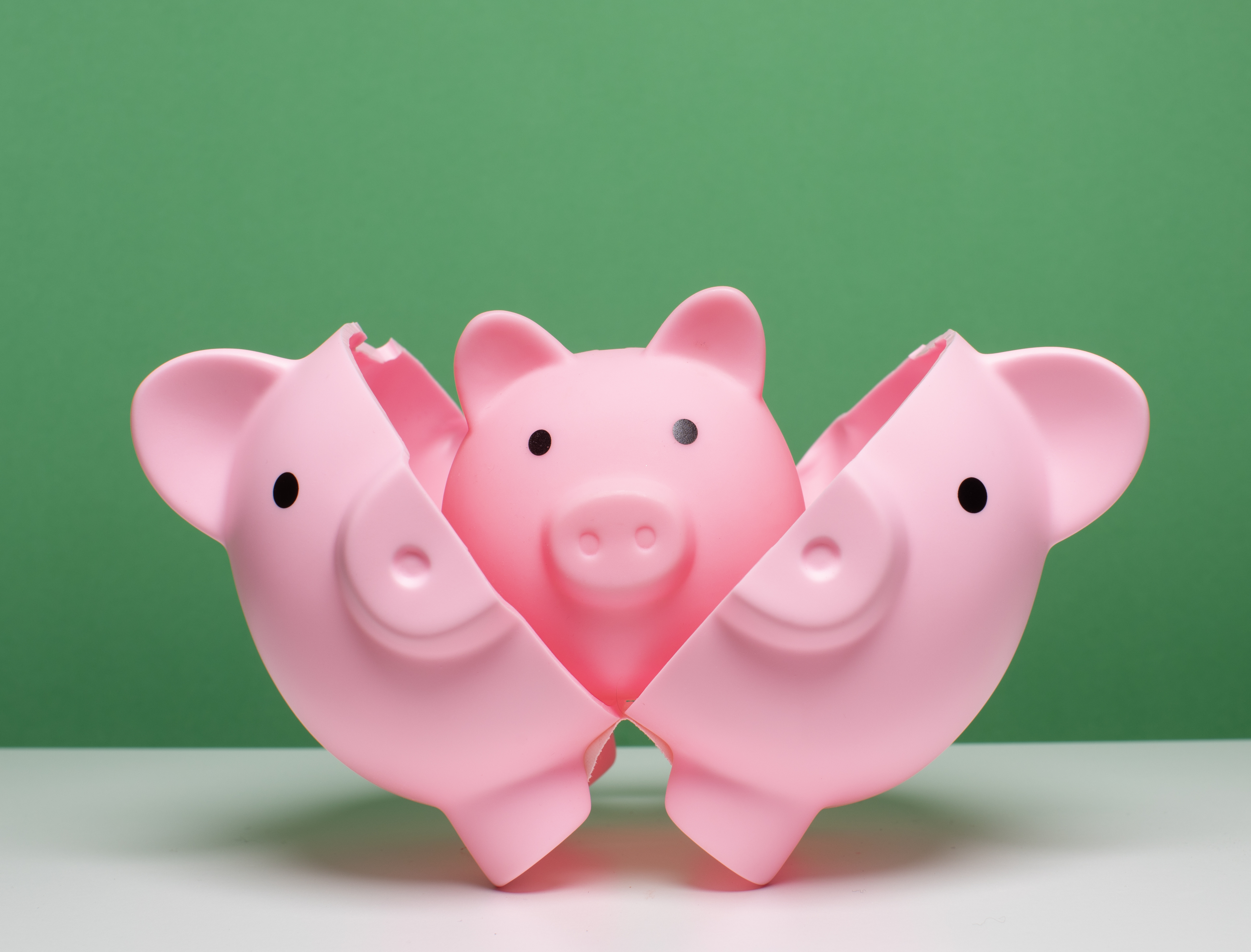How Would You Spend an Extra $1,000?
A grand might not sound like all that much, but our readers sure know how to stretch it.

Profit and prosper with the best of Kiplinger's advice on investing, taxes, retirement, personal finance and much more. Delivered daily. Enter your email in the box and click Sign Me Up.
You are now subscribed
Your newsletter sign-up was successful
Want to add more newsletters?

Delivered daily
Kiplinger Today
Profit and prosper with the best of Kiplinger's advice on investing, taxes, retirement, personal finance and much more delivered daily. Smart money moves start here.

Sent five days a week
Kiplinger A Step Ahead
Get practical help to make better financial decisions in your everyday life, from spending to savings on top deals.

Delivered daily
Kiplinger Closing Bell
Get today's biggest financial and investing headlines delivered to your inbox every day the U.S. stock market is open.

Sent twice a week
Kiplinger Adviser Intel
Financial pros across the country share best practices and fresh tactics to preserve and grow your wealth.

Delivered weekly
Kiplinger Tax Tips
Trim your federal and state tax bills with practical tax-planning and tax-cutting strategies.

Sent twice a week
Kiplinger Retirement Tips
Your twice-a-week guide to planning and enjoying a financially secure and richly rewarding retirement

Sent bimonthly.
Kiplinger Adviser Angle
Insights for advisers, wealth managers and other financial professionals.

Sent twice a week
Kiplinger Investing Weekly
Your twice-a-week roundup of promising stocks, funds, companies and industries you should consider, ones you should avoid, and why.

Sent weekly for six weeks
Kiplinger Invest for Retirement
Your step-by-step six-part series on how to invest for retirement, from devising a successful strategy to exactly which investments to choose.
What would you do if you had an extra $1,000? We put that question to our Kiplinger.com visitors, and they told us by a wide margin—65% to 17%—that they’d be more likely to put it toward their kids’ or grandkids’ college fund than to donate it to charity. They’re slightly more likely to invest it in the stock market than to stash it in a savings account or CD (46% to 41%). Given a choice between paying off debt or building a retirement fund, they’d go after the debt—56% to 31%. And if they wanted to splurge, they’d much rather go on vacation than shop—62% to 18%.
What really impressed me was the range of responses when people were asked to fill in their own ideas. A number of them had charitable impulses: “I’d like to throw a party in the children’s wing of a local hospital,” said Jasmine Ho of Somerset, N.J. Leonard from Detroit said simply, “I’d give it to my brother.”
Tina Barry of Garfield Heights, Ohio, was torn between the practical and the frivolous. “The realistic side of me would stock up on groceries, fill my gas tank, purchase some much-needed clothes for my family and bank the rest for emergencies. But the frivolous side would love to get her hair done, take a beach trip, redo her backyard and replace some carpet.”
From just $107.88 $24.99 for Kiplinger Personal Finance
Become a smarter, better informed investor. Subscribe from just $107.88 $24.99, plus get up to 4 Special Issues

Sign up for Kiplinger’s Free Newsletters
Profit and prosper with the best of expert advice on investing, taxes, retirement, personal finance and more - straight to your e-mail.
Profit and prosper with the best of expert advice - straight to your e-mail.
Don Orlando of Latrobe, Pa., had no such qualms about indulging his frivolous side: “I’d board the next Spirit Airlines flight from Arnold Palmer Regional Airport in Latrobe to Fort Lauderdale, lie on the pool deck at the Sheraton hotel and soak up the Florida sunshine.”
A grand might not sound like all that much, but our readers sure know how to stretch it. From Alyssa in Austin, Tex.: “I’d put $328 toward this pair of boots I’ve been eyeing for over a year; $50 into each of my seven ING targeted savings accounts; $200 to my favorite animal-rescue charity; $122 into my Machu Picchu vacation fund.”
Mike from Texas would divvy up “$200 to charity, $200 to treat my wife to a very nice dinner, $400 to my IRA, $100 for my wife to spend on herself, and $100 for me to spend on myself.”
Some responses were poignant: “I would take my family out to an amazing dinner and night on the town,” said Claire Marie Huber of Arlington, Va. “We live in different cities, so this would be our chance to enjoy a wonderful evening together.”
A number of people proposed using their $1,000 as seed money to grow into something bigger—which happens to be the theme of our cover story. But even we didn’t think as big as Steven from Ohio, who would invest the money in the stock market or real estate and let it appreciate. Once he built a real estate empire, he’d use his millions to fund affordable bullet trains, and he’d “invest heavily in scientific research into renewable energy and back-scratching T-shirts.”
Storm survival. In the aftermath of Hurricane Sandy, “generator envy,” as one wag put it, has become a hot topic in some circles, and a number of staff members suggested that we do a story on how to buy one. I thought that was a little off-topic for a personal finance magazine with a limited amount of space. But as so often happens with our discussions, the idea morphed into a financial story on how you can protect your home against costly storm damage and even get your insurer to subsidize the cost (see Lowdown).
Or you could follow the lead of Mary, a reader from Aurora, Ill., who would use her $1,000 to “buy an $800 generator and accessories.”
P.S. See who tops the rankings of our best values in public colleges.
Profit and prosper with the best of Kiplinger's advice on investing, taxes, retirement, personal finance and much more. Delivered daily. Enter your email in the box and click Sign Me Up.

Janet Bodnar is editor-at-large of Kiplinger's Personal Finance, a position she assumed after retiring as editor of the magazine after eight years at the helm. She is a nationally recognized expert on the subjects of women and money, children's and family finances, and financial literacy. She is the author of two books, Money Smart Women and Raising Money Smart Kids. As editor-at-large, she writes two popular columns for Kiplinger, "Money Smart Women" and "Living in Retirement." Bodnar is a graduate of St. Bonaventure University and is a member of its Board of Trustees. She received her master's degree from Columbia University, where she was also a Knight-Bagehot Fellow in Business and Economics Journalism.
-
 Ask the Tax Editor: Federal Income Tax Deductions
Ask the Tax Editor: Federal Income Tax DeductionsAsk the Editor In this week's Ask the Editor Q&A, Joy Taylor answers questions on federal income tax deductions
-
 States With No-Fault Car Insurance Laws (and How No-Fault Car Insurance Works)
States With No-Fault Car Insurance Laws (and How No-Fault Car Insurance Works)A breakdown of the confusing rules around no-fault car insurance in every state where it exists.
-
 Why Picking a Retirement Age Feels Impossible (and How to Finally Decide)
Why Picking a Retirement Age Feels Impossible (and How to Finally Decide)Struggling with picking a date? Experts explain how to get out of your head and retire on your own terms.
-
 What Does Medicare Not Cover? Eight Things You Should Know
What Does Medicare Not Cover? Eight Things You Should KnowMedicare Part A and Part B leave gaps in your healthcare coverage. But Medicare Advantage has problems, too.
-
 15 Reasons You'll Regret an RV in Retirement
15 Reasons You'll Regret an RV in RetirementMaking Your Money Last Here's why you might regret an RV in retirement. RV-savvy retirees talk about the downsides of spending retirement in a motorhome, travel trailer, fifth wheel, or other recreational vehicle.
-
 Estate Planning Checklist: 13 Smart Moves
Estate Planning Checklist: 13 Smart Movesretirement Follow this estate planning checklist for you (and your heirs) to hold on to more of your hard-earned money.
-
 Should You Rent in Retirement?
Should You Rent in Retirement?Making Your Money Last Renting isn't right for all retirees, but it does offer flexibility, and it frees up cash.
-
 6 RMD Changes We Could See This Year
6 RMD Changes We Could See This YearMaking Your Money Last Congress is considering two bills that would make major changes to required minimum distributions. Could your RMDs be affected?
-
 A Kiplinger-ATHENE Poll: Retirees Are Worried About Money
A Kiplinger-ATHENE Poll: Retirees Are Worried About MoneyMaking Your Money Last Concerns about recession, inflation and health care costs weigh on retirees and near retirees.
-
 Protect Your Retirement Income from Inflation
Protect Your Retirement Income from InflationMaking Your Money Last With a new President promising tariffs on imported goods from China, Mexico and Canada, inflation may rise in 2025, but that doesn’t have to jeopardize your long-term security.
-
 What to Know About CD Ladders, A Flexible Way to Save
What to Know About CD Ladders, A Flexible Way to SaveSavings One way to keep your earnings on track is to spread out your cash.